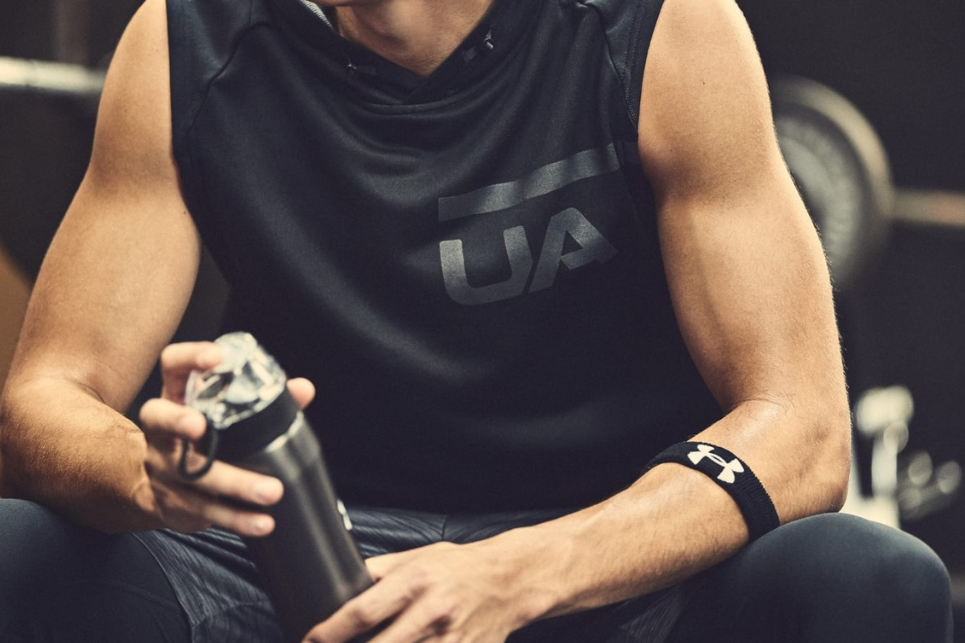Powering Performance: The Best Proteins for Athletes
Athletes, whether professional or recreational, have unique dietary needs to fuel their bodies for peak performance. Protein, often referred to as the building block of muscles, plays a pivotal role in muscle repair and growth, as well as overall recovery. In this article, we’ll explore the best protein sources for athletes and how they can optimize their nutrition to excel in their respective sports.
The Role of Protein in Athletic Performance
Protein is one of the three macronutrients essential for the human body, alongside carbohydrates and fats. Athletes, however, have distinct protein requirements due to the wear and tear their bodies endure during training and competition. Here’s how protein contributes to athletic performance:
1. Muscle Repair and Growth: Intense physical activity breaks down muscle tissue. Protein provides the amino acids necessary for muscle repair and growth, making athletes stronger and more resilient.
2. Energy Production: While carbohydrates are the primary source of energy for athletes, protein can be converted into energy when needed, especially during prolonged, endurance activities.
3. Immune Support: Rigorous training can temporarily weaken the immune system. Protein plays a role in supporting the immune system, and helping athletes stay healthy.
4. Satiety: Protein is highly satiating, helping athletes control their appetite and maintain a healthy body weight.
The Best Protein Sources for Athletes
1. Lean Meats: Chicken, turkey, and lean cuts of beef are excellent sources of high-quality protein. They are low in fat and provide essential nutrients such as iron and zinc.
2. Fish: Fatty fish like salmon, mackerel, and trout not only deliver protein but also heart-healthy omega-3 fatty acids. Omega-3s can reduce inflammation and support overall recovery.
3. Eggs: Eggs are a complete protein source, meaning they contain all essential amino acids. They’re also rich in vitamins and minerals.
4. Dairy: Dairy products like Greek yogurt, cottage cheese, and milk are protein-packed and offer calcium for bone health.
5. Plant-Based Proteins: For athletes following a vegetarian or vegan diet, there are numerous plant-based protein sources, including tofu, tempeh, legumes (beans and lentils), and quinoa.
6. Nuts and Seeds: Almonds, peanuts, chia seeds, and hemp seeds provide a good dose of protein and healthy fats. They make for convenient snacks or additions to meals.
7. Protein Supplements: Athletes often use protein supplements, such as whey, casein, and plant-based protein powders, to ensure they meet their protein goals. These supplements can be a convenient way to boost protein intake.
Protein Timing
Incorporating protein into an athlete’s diet at the right times can enhance its effectiveness. Here are some key protein timing considerations:
1. Pre-Workout: A small protein-rich snack before exercise can provide the body with amino acids for energy and muscle preservation.
2. Post-Workout: Consuming protein within 30 minutes to two hours after exercise can aid in muscle recovery and growth.
3. Throughout the Day: Spreading protein intake across meals and snacks ensures a steady supply of amino acids to the muscles.
4. Before Bed: Consuming a source of protein before bedtime can support muscle repair during sleep.
Individualized Nutrition
It’s important to note that individual athletes have different protein needs based on factors like their sport, age, gender, body weight, and training intensity. Consulting with a registered dietitian or sports nutritionist can help athletes create a personalized nutrition plan that meets their specific requirements.
In conclusion, protein is a vital component of an athlete’s diet, supporting muscle health, recovery, and overall performance. The best protein sources for athletes are diverse, and timing protein intake strategically can maximize its benefits. Athletes are encouraged to tailor their nutrition plans to their unique needs and seek expert guidance when necessary to achieve their athletic goals.



